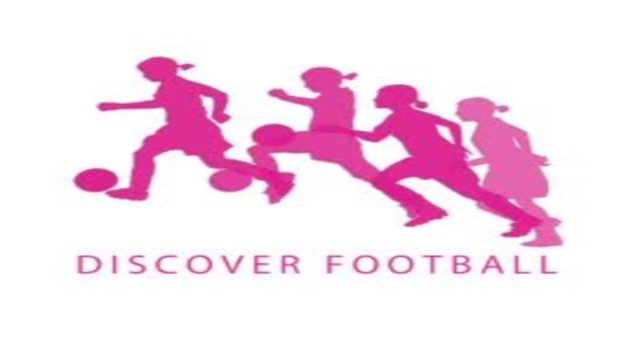Women athletes under-represented in the media

[Brussels 26 July, 2013] Sports, as all other spheres of social life, represent a domain in which women and men should face the same opportunities and choices. Unfortunately, the reality suggests a completely different picture.
As Donna A. Lopiano from Sports Management Resources says through an article of their website “The media shapes the public’s perceptions of the accomplishments of women playing sports and whether women in general can be strong, confident and highly skilled. The media also shapes the dreams and aspirations of girls. Boys grow up watching television, bombarded by heroic and confident images of themselves playing sports and being revered for their accomplishments. They know they are expected to play sports and are encouraged to do so by everyone around them. Girls do not receive these messages”.
The Women’s Sport and Fitness Foundation (WSFF) called coverage of women’s sports in the UK – only 5% of media coverage – shocking. Research conducted by the charity last year revealed that women’s sport receives just 0.5% of all commercial sponsorship, while only one in five board members of national governing bodies are women.
One has to wonder what the implications of such a reality are.
The debate can be conveniently summarised by this year’s Women’s UEFA Cup and a related advertisement in the German media. As an article of Spiegel informs us, an ad in Germany created much controversy as it was accused by many of being sexist. More specifically, the ad is depicting a female footballer kicking the ball into a laundry machine. While many of the responses emphasise on the fact that such a representation of women takes us back decades ago and degrades the nature of a woman athlete, a few opposed such complaints. An indicative example can be found in Peter Frey, ZDF’s chief editor, who said "I don’t think we need to exaggerate when it comes to political correctness (…). A spot should stand out and pique interest. In this case, it really worked. It catches the eye, and for me that’s the end of the matter.”
We all should be highly alert of the consequences of such a rational. Maybe for some the TV spot was indeed successful. That would be the case if the goal set at the beginning was to reach the widest audience possible. But at what expense does this success come?
Specific lines should be drawn to ensure the fair and just representation of all people, women and men. While some share the view that we are dealing with exaggerated political correctness, it has to be clearly understood that a situation like this has to be seen as a dangerous form of stereotyping that constitutes an actual threat to society and gender equality, and that has to be dealt with effectively.
Women are facing, thus, two main obstacles when it comes to sports and media. Firstly, an extremely low coverage rate and secondly, even when that coverage takes place, a degrading depiction that takes away the focus from their work and puts it in their gender, associating their whole existence with what is perceived as generalised female features.
While female athletes go through the exact same difficulties and struggles as their male peers, they are still seen by some as unequal. We all have to promote, however we can, equal and fair representation between women and men in the media and allow female athletes to the same privileges their male counterparts are enjoying.
We would like to wish to all teams participating in the UEFA Cup Semi-Finals good luck!




